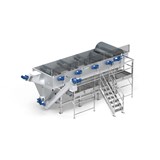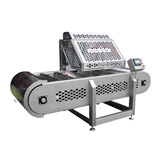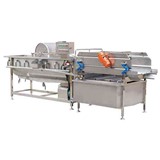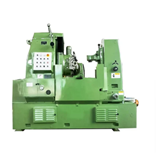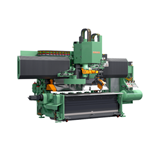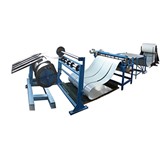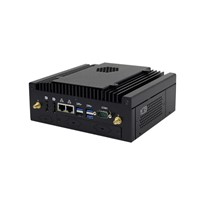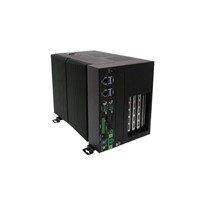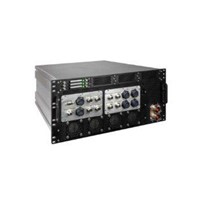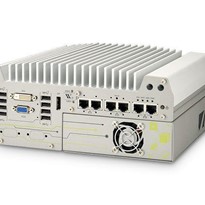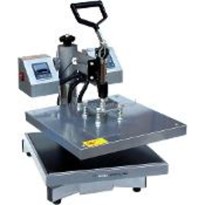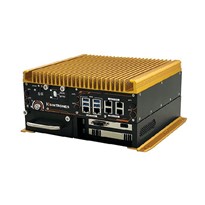At Wastech, we’re excited about these and other new technologies, and we want our clients to be as well. The IoT and AI are set to transform how businesses across the economy function – join us as we take a quick dive into what these concepts are and how they apply in some familiar scenarios.
What is the Internet of Things?
What if your fridge could tell you the second you walked into the grocery store that your milk has expired? What if your car could automatically switch on your air conditioner when you got within a certain distance of home on a hot day?
At its core, this is the internet of things (IoT) – a vision of a connected world where everyday objects in our homes and workplaces are able to provide us with real-time data about what they’re doing. Not only that, but as implied above, at its next step the IoT allows one device to act on input from another device, opening up the possibility of complex and dynamic chains of automation as sensors in one device take a reading that causes a ripple of activity across dozens of others.
As technology continues to advance and sensors and network devices continue to shrink in size and fall in price, we’re likely to see more and more IoT devices enter the market for consumers and businesses both.
Explaining Artificial Intelligence
Any analyst will tell you that data that just sits somewhere on a server or in a filing cabinet – completely untouched – is useless. To create value, data needs to be collected, collated, analysed and – most importantly – acted upon.
But as the IoT becomes a mundane reality rather than a far-off dream, processing all of this data can become a real challenge. Sophisticated IoT networks can produce terabytes of data, with each sensor in each device and each connection between devices creating new information that needs to be factored into your decision-making.
Enter artificial intelligence (AI). Less evil overlords and more friendly assistant, modern business AI solutions assist professionals in making sense of enormous quantities of data, helping them find connections and patterns and turning them into actionable insights.
There are as many technical definitions of AI as there are movies about robot uprisings, but in a nutshell AI in the contemporary context is about a system’s ability to adapt to a new situation, to move from general knowledge about how something works to a specific series of actions within a given environment.
In this way, the rise of AI is an incredible boon to a world grappling with the IoT. Now, someone doesn’t need to sit at a computer and manually read every piece of information created by the network. Instead, an AI can sit between them and their IoT devices and conduct fast, accurate analyses of inputs, allowing the human element in a business to act faster and realise the value of insights sooner.
What does this mean for waste management?
What a society does with its waste is just as important as what it does with its raw natural resources. So much of what is simply thrown away can – with the right intervention – be made useful again, recycled into fresh materials for new products and reducing the need for a country to buy more, extract more and build more.
Complicating this is the extreme variety of waste thrown away. Individual types of plastics need to be kept separate, different metals must be processed in different ways, paper must be kept away from liquid contaminants – the number of elements to consider is seemingly never ending. These issues only grow in complexity as urban populations grow and the number of products on the market expands.
AI and IoT can help intervene in this process. Smart sensors positioned at key junctures in the waste management process can reduce inefficiencies, cut emissions and reclaim more recyclable materials. Wastech is at the forefront of waste management technology in Australia. A forward-thinking organisation, we’re always looking for ways to help Australia be smarter about waste, leveraging advanced technologies and the latest design thinking to create innovative engineering solutions.
To learn more about Wastech’s waste & recycling projects, contact us.


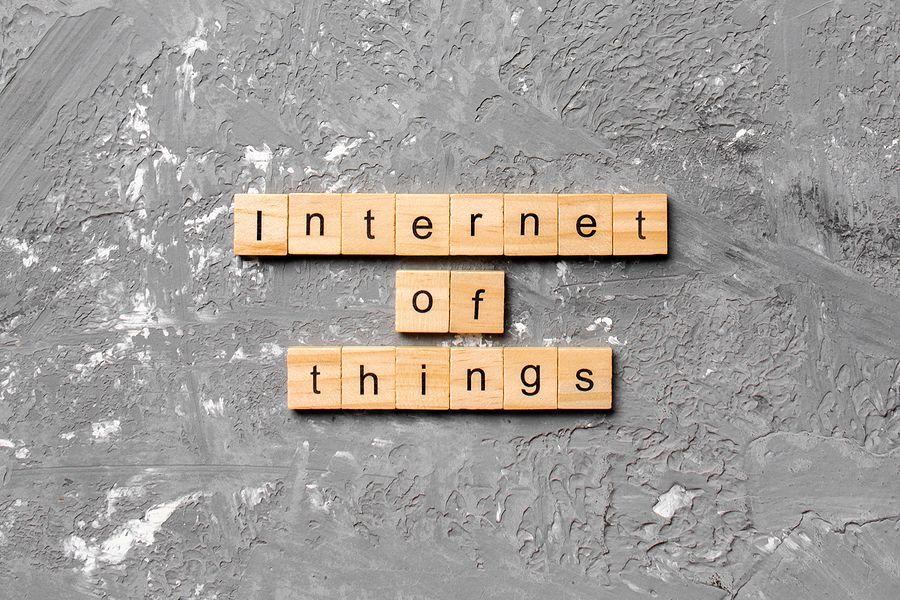

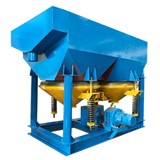






-160x160-state_article-rel-cat.png)



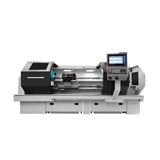

-160x160-state_article-rel-cat.png)
